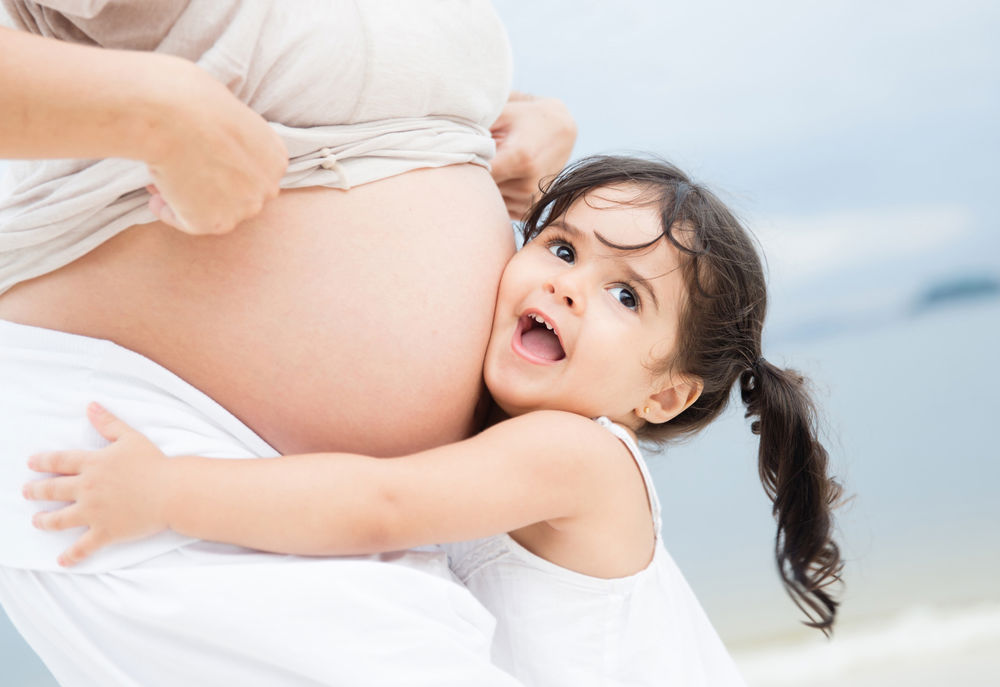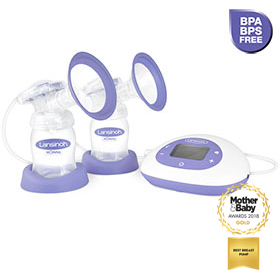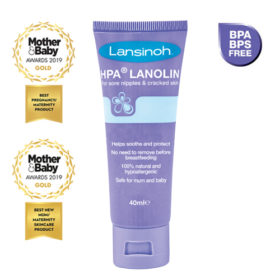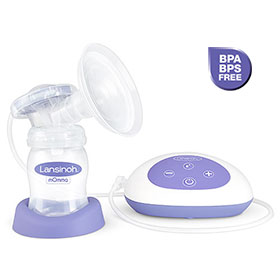Advice Articles
- Home
- Advice Articles
- Pregnancy
- Butterflies or Baby Kicking?
Butterflies or Baby Kicking?

This sensation is often referred to as “quickening”, it may feel like a fluttering of butterflies or a light tapping in your stomach. Sometimes these movements can be confused with pregnancy side effects like wind or hunger pains.
The strength of your baby’s kicks is different with every mum and the very first movements of your baby will only be a slight feeling. The bigger your baby grows the stronger their kicks get, other factors that affect the strength of their kicks is the position of your placenta, the position of your baby itself and the amount of fat around your stomach. There will be times your baby is kicking and you won’t even notice.
Some babies will kick a lot more than others, it’s nothing to worry about you just have a calm and quiet baby, which could be a good thing. If at any time you are feeling worried that you haven’t felt your baby kick for a while, try eating some peanut butter or drinking a glass of orange juice and lie down. After 20 minutes or so your baby should start kicking if this is not the case you need to call your doctor or midwife.
Important things that all mums should know regarding movements:
- Movement may be fairly erratic until around 24 weeks when a consistent pattern should become more obvious. If you have not felt your baby move by this time, let you midwife know, she will refer you for a well- being scan.
- Movements can be anything from kicks, punches, rolls, swishes and stretches but NOT hiccups as these are involuntary movements.
- There is no set amount of movements that is “normal” for an unborn baby, it is important to get to know their individual pattern. It’s common for people to think that 10 movements a day is adequate but that has been proven to be an inaccurate way of monitoring movement. For an active baby who usually moves 40 times a day, 10 movements would be a significant decrease.
- Movement should be recorded in episodes, not each individual movement you feel. For example, 5 minutes of constant movement counts as one episode of movement.
- Your baby’s movements will gradually increase until around 32 weeks when they will plateau but NOT reduce. The type of movement that you feel may change, as baby gets bigger stretching movements are more common, but the pattern should remain the same.
- Always call your midwife straight away if there is a significant reduction or increase in baby’s movement or if you ever feel uneasy.
![]()
Content courtesy of Count The Kicks
Related Categories
Related products
-

2 in 1 Double Electric Breast Pump
Lansinoh’s 2-in-1 Electric Breast Pump is the very best option for mothers who want comfort, flexibility... View -
... View -

HPA® Lanolin Nipple Cream for Sore & Cracked Nipples
Sore nipples are very common during breastfeeding and can often be a result of the uncomfortable positioning... View -

Single Electric Breast Pump
Lansinoh’s Single Electric Breast Pump has been designed to help you express your precious breast milk... View
